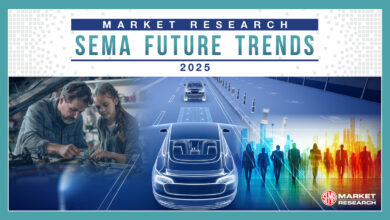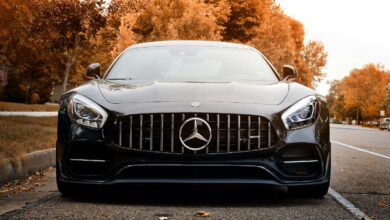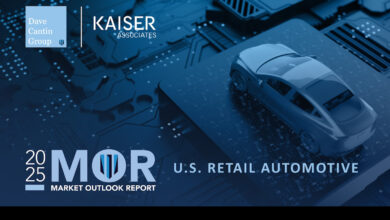Nearly 6,500 Hydrogen Fuel Cell Vehicles Sold YTD Globally
A total of 6,475 hydrogen fuel cell vehicles, as of the end of 2017, have been sold globally since 2013 when the vehicles first became available commercially, according to a report by Information Trends.
Over 50 percent of the hydrogen fuel cell vehicles were sold in California, making the state a model of success in the deployment of the technology, according to Information Trends. Of the remaining countries, the lion’s share went to Japan which is at the forefront of hydrogen station deployments.
Among automakers, Toyota has been the most successful, accounting for over 75 percent of the sales. Moreover, hydrogen fuel cell vehicle sales in 2017 were more than double the total sales in the previous years.
Hydrogen infrastructure is coming along steadily, albeit slowly, said Naqi Jaffery, the lead author of the Information Trends report. In the northeast U.S., hydrogen station buildout is gathering momentum, giving automakers a second market in the U.S.
A respectable hydrogen fueling ecosystem will not be ready until 2020, according to Jaffery. The slow buildout of the hydrogen stations has given an opening to battery electric vehicles whose sales are rapidly gaining ground.
Jaffery, who is bullish on the future of hydrogen fuel cell vehicles, said battery electric vehicles will be short-term beneficiaries of the movement toward zero-emission vehicles. However, as the hydrogen infrastructure evolves, fuel cell vehicles will pick up traction.
By 2021, at least 11 automakers will have rolled out hydrogen fuel cell vehicles, including Toyota, Lexus, Hyundai, Kia, Honda, Mercedes-Benz and BMW. Other entrants in this space include Tata Motors, Pininfarina S.p.A. (owned by Mahindra & Mahindra) Riversimple and the RONN Motor Group.
Information Trends is a market research, consulting and advisory services firm based in Washington D.C.



